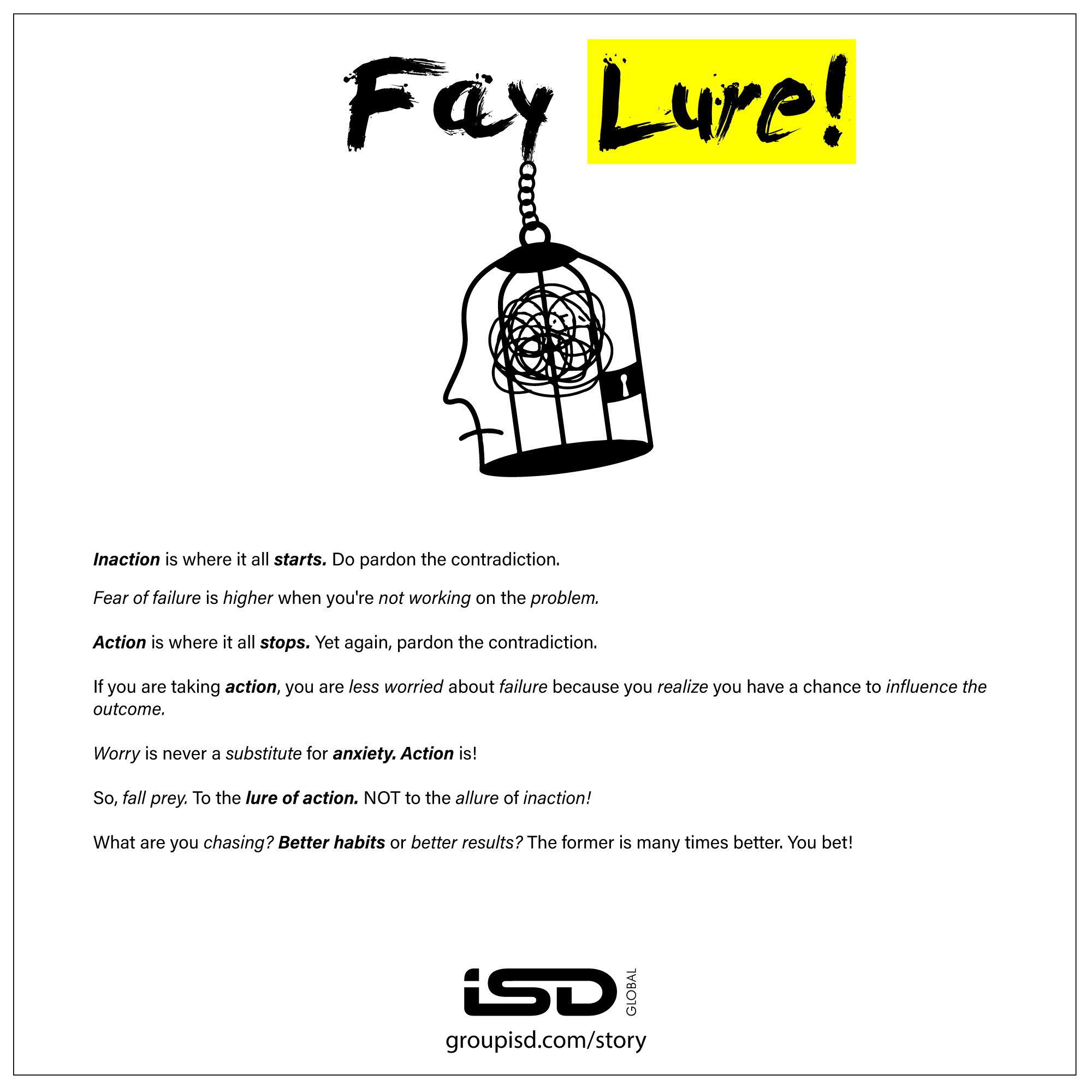Merit might seem like a ROM COM, but there is merit in talking about it I guess.
Meritocracy is our social ideal, particularly among good liberals. Equality of opportunity, but not of outcome.
To this day, the origin of the term meritocracy is widely attributed to the British sociologist Michael Young, who used it pejoratively in his book “The Rise of the Meritocracy “. For Young, merit is defined as intelligence plus effort.
The triumph of meritocracy as a social ideal was a turning point in human history. Before the Enlightenment, most societies were elaborately stratified- be it England‘s hierarchy of king, duke, earl, viscount, and baron, or China‘s imperial order of Emperor, heshuo qinwang, duoluo junwang, duoluo beile, and gushan beizi. In these regimes, the vast majority of people- peasants, servants, slaves – had little hope of bettering their station.
Many philosophers like John Locke, Charles Montesquieu and Jean Jacques Rousseau in fact questioned the idea of an unelected elite. On the eve of the American Revolution, Thomas Paine boldly proclaimed that ” of more worth is one honest man to society and in the sight of God than all the crowned ruffians that ever lived“. In Paine’s view, power was the gift of the people rather than the divine right of the monarch.
Meritocracy raises the returns on talent by ensuring that individuals are free to contribute and succeed, whatever their social rank or personal connections. That said, its troubling that bureaucracy – the world’s most ubiquitous social structure– systematically undermines the cause of meritocracy. A recent survey in the Harvard Business Review had 76% of big company respondents saying that political behaviors highly influence who gets ahead in the organisation. Though in theory bureaucracy is a ranking of merit where those with exceptional abilities get promoted over those are less accomplished. But, in practice, organisations rarely come even remotely close to achieving this idea.
It is said that it is more honorable to be raised to a throne than to be born to one. Fortune bestows the one, merit obtains the other.
“That is the great danger of meritocracy: the people who reach the top of the system are precisely the people who have most completely identified with the system and its demands, creating a vicious circle preventing any actual change. It is no accident that conservatives tend to employ the rhetoric of social mobility so readily, as social climbers generally do not ask questions about the ladder.”
— Adam Kotsko
As I conclude, may I direct you to read this article in BrandKnew where Bridgewater Investments Founder Ray Dalio talks about Investing in Idea Meritocracy
ENDS

